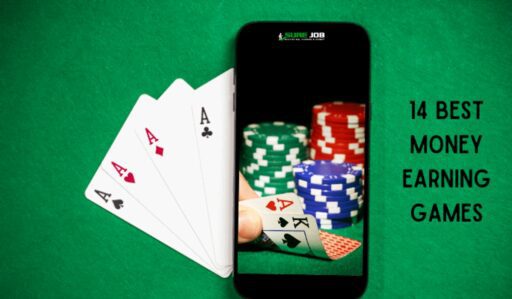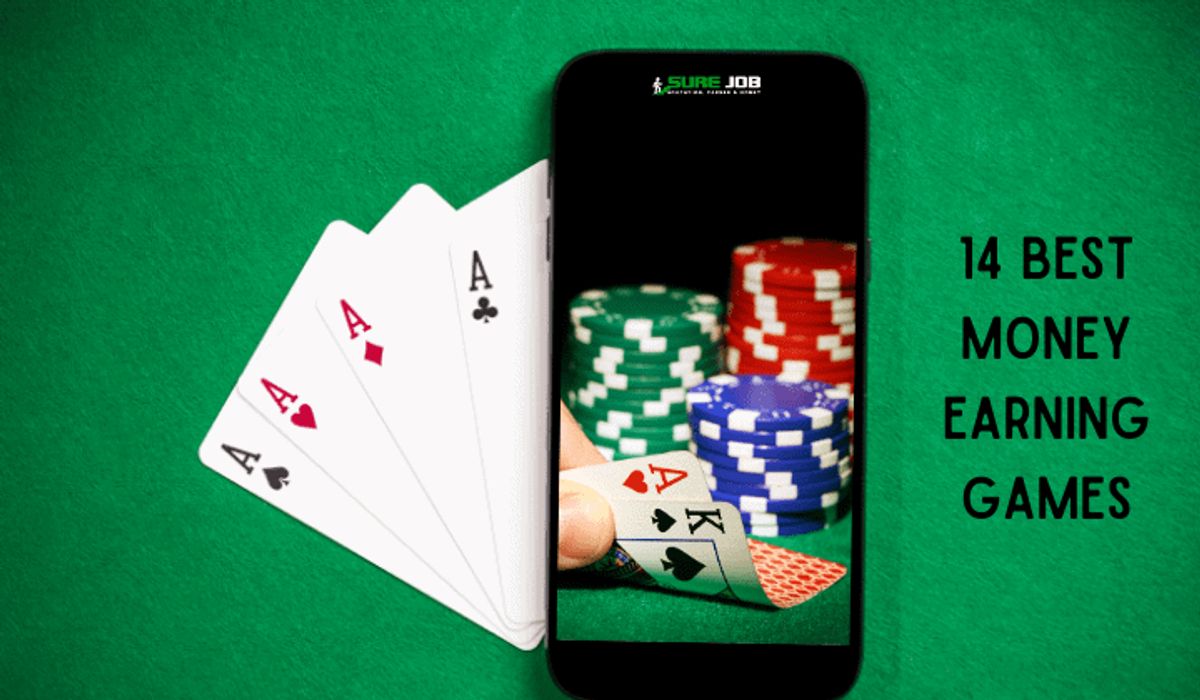Learning about personal finance doesn’t have to be a chore. With the right tools, it can be both educational and entertaining. Engaging in personal finance games is a fantastic way to improve money management skills while having fun. These games are designed to teach important financial concepts in an interactive and enjoyable way, making them perfect for individuals of all ages. Whether you’re a student, a teacher, or simply someone looking to sharpen your financial acumen, here are five engaging personal finance games that can help enhance your money skills.
Key Takeaways
- Personal finance games make learning about money management engaging and fun for all ages.
- These games cover a wide range of topics, including budgeting, electronic banking, credit education, and income understanding.
- Educational games are an effective tool for teaching financial literacy to high school students, enhancing curriculum with interactive learning.
- Games like the Personal Finance Digital Escape Room incorporate modern technology to teach money management in a creative and immersive way.
- Using personal finance games can lead to better financial literacy, equipping individuals with essential skills for their financial future.
1. Free Financial Literacy Bingo


Introduce your students to the basics of personal finance with Free Financial Literacy Bingo. This engaging game is perfect for educators looking to make financial concepts accessible and fun. By customizing and printing their own bingo cards, students can learn important terms and definitions in a playful setting.
The game’s flexibility allows for repeated use, which is ideal for reinforcing learning. Simply place the printed sheets in dry-erase sleeves and use dry-erase markers for an eco-friendly, repeatable activity.
Here’s how to get started:
- Print the blank BINGO sheets.
- Have students select and write financial terms they wish to learn.
- Use the game to review and discuss each term during play.
Free Financial Literacy Bingo is not just a one-time activity; it’s a resource that can be integrated into your curriculum throughout the year. It’s a practical way to bring financial literacy for kids into the classroom, ensuring they grasp basic financial concepts early on.
2. Financial Knowledge Bell Ringer Journal


The Financial Knowledge Bell Ringer Journal serves as an engaging tool to kickstart class discussions on personal finance. It’s designed to ease students into the subject matter with a variety of topics that are essential for developing financial literacy. These journals cover a broad spectrum of themes, from budgeting and electronic banking to understanding paychecks and the history of US money.
Why are these journals so beneficial? Here’s a quick rundown:
- They help structure the classroom environment.
- They encourage conversations about important life skills.
- They provide a basis for classwork grades.
- They assist with effective classroom management.
- They serve as valuable study aids for assessments.
The use of bell ringer journals in the classroom is a testament to the growing emphasis on financial education in schools. With gamification techniques, these resources are not only accessible but also inclusive, ensuring that students are equipped with the knowledge to become financially literate individuals in the future.
In practice, starting each class with a journal entry can transform the initial minutes of a lesson into a productive and focused time. Whether in printed binders or through a digital Google version, these journals are a practical way to engage students and assess their understanding on a weekly basis, with a simple scoring system that rewards completion and effort.
3. Free Financial Literacy Game
Dive into the world of finance with this engaging board game designed to teach the essentials of financial literacy. This free game is a fantastic resource for educators looking to reinforce concepts such as check writing, balancing a checkbook, and understanding the various parts of a check. By answering personal finance questions, students can advance on the game board, making learning both interactive and fun.
The game encourages group participation, where students verify each other’s answers, fostering a collaborative learning environment.
Here’s a glimpse of what students will learn:
- Budgeting
- Electronic banking
- Credit card education
- Understanding gross and net income
This game not only reviews essential materials but also prepares students for real-world financial decisions. It’s an ideal addition to any financial literacy course, especially during Financial Literacy Month, when the focus on financial education is at its peak.
4. Personal Finance Digital Escape Room


The Personal Finance Digital Escape Room offers an innovative and interactive way to learn about managing finances. In this virtual challenge, players are tasked with solving puzzles and deciphering codes related to various financial concepts, such as budgeting, saving, and investing.
Participants will navigate through different scenarios that mimic real-life financial decisions, providing a hands-on experience in a risk-free environment. The game is designed to be both educational and entertaining, ensuring that players remain engaged while acquiring valuable money management skills.
The key to success in this game is not just quick thinking, but also applying practical financial knowledge to overcome the obstacles.
Here are some of the topics covered in the game:
- Understanding credit scores
- Identifying expenses and creating a budget
- Recognizing the importance of emergency funds
- Differentiating between types of investments
By the end of the Personal Finance Digital Escape Room, players will have a stronger grasp of personal finance principles and be better equipped to handle their own financial affairs with confidence.
Conclusion
Incorporating games into financial education offers a dynamic and engaging way to grasp complex financial concepts. From budgeting to understanding credit scores, the personal finance games highlighted in this article provide a diverse range of interactive learning experiences suitable for various age groups. Whether used in the classroom or at home, these games can make a significant impact on financial literacy. They not only make learning about money management enjoyable but also equip players with practical skills that can lead to better financial decisions in the real world. As we’ve seen, these games come highly recommended by users and educators alike, proving that learning about finances can be both educational and fun. Investing time in these games could be a valuable addition to anyone’s financial education journey.
Frequently Asked Questions
What topics are covered in the Financial Knowledge Bell Ringer Journal?
The journal includes topics such as budgeting, electronic banking, check writing, credit card education, wants vs. needs, job facts, wages vs. salary, online banking and payment apps, history of US money, gross and net income, paycheck understanding, and more.
How can games improve financial literacy for high school students?
Games make learning about financial literacy engaging and interactive, helping students to understand and retain important financial concepts better. They can simulate real-world financial decisions and encourage practical application of knowledge.
What is the Free Financial Literacy Game about?
The Free Financial Literacy Game is a classic board game that helps students understand financial decisions such as balancing a checkbook, writing checks, and understanding the parts of a check. It involves answering personal finance questions to move on the game board.
Can the Personal Finance Digital Escape Room be used for various education levels?
Yes, the Personal Finance Digital Escape Room is suitable for middle school and high school levels. It includes vocabulary covering a wide range of financial topics and can be used as a review or part of a curriculum.
What are the benefits of using financial literacy games for children?
Financial literacy games for children are educational, fun, and enjoyable. They teach important concepts like earning, managing, saving, and spending money in an interactive way that appeals to all ages.
Why is it important to invest in financial literacy games for children?
Investing in financial literacy games for children equips them with essential money management skills that will benefit them throughout their lives. It’s an excellent way for parents, educators, and caregivers to engage children in practical learning.





